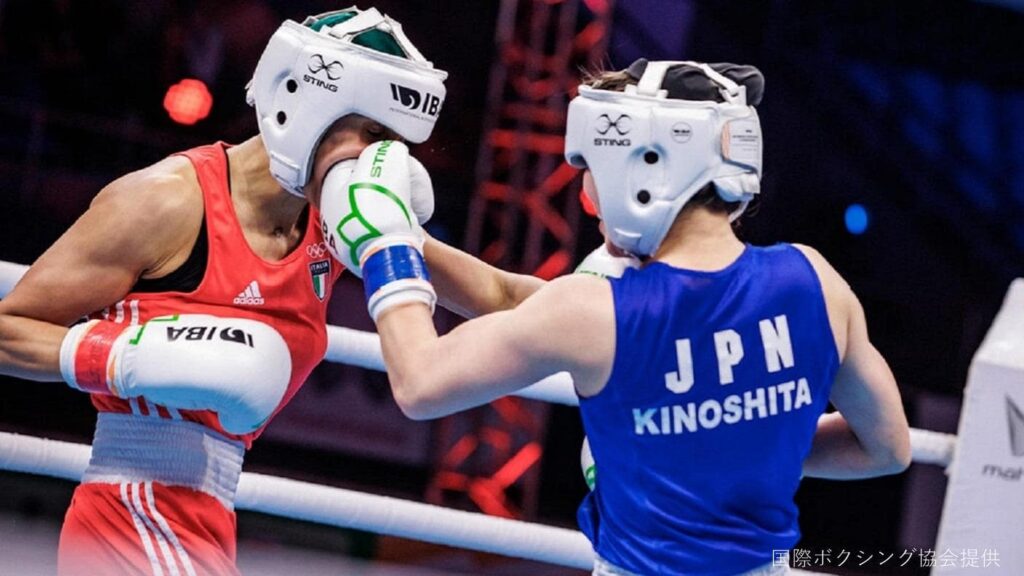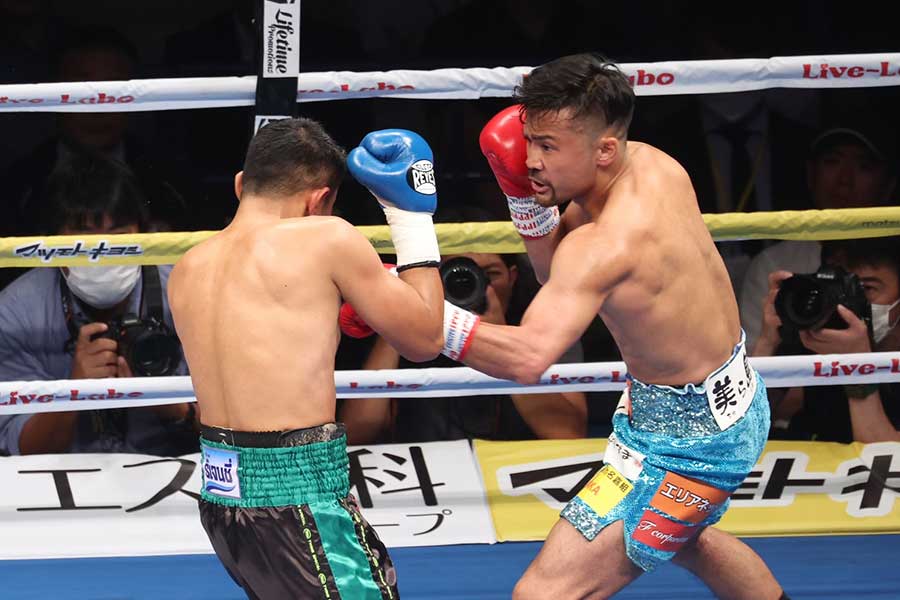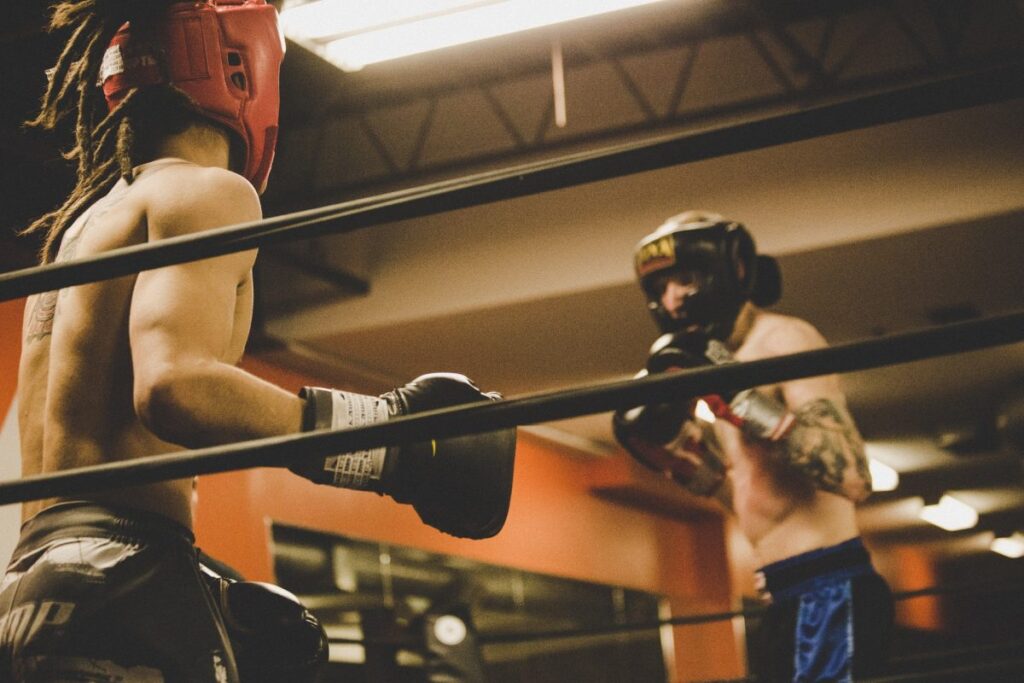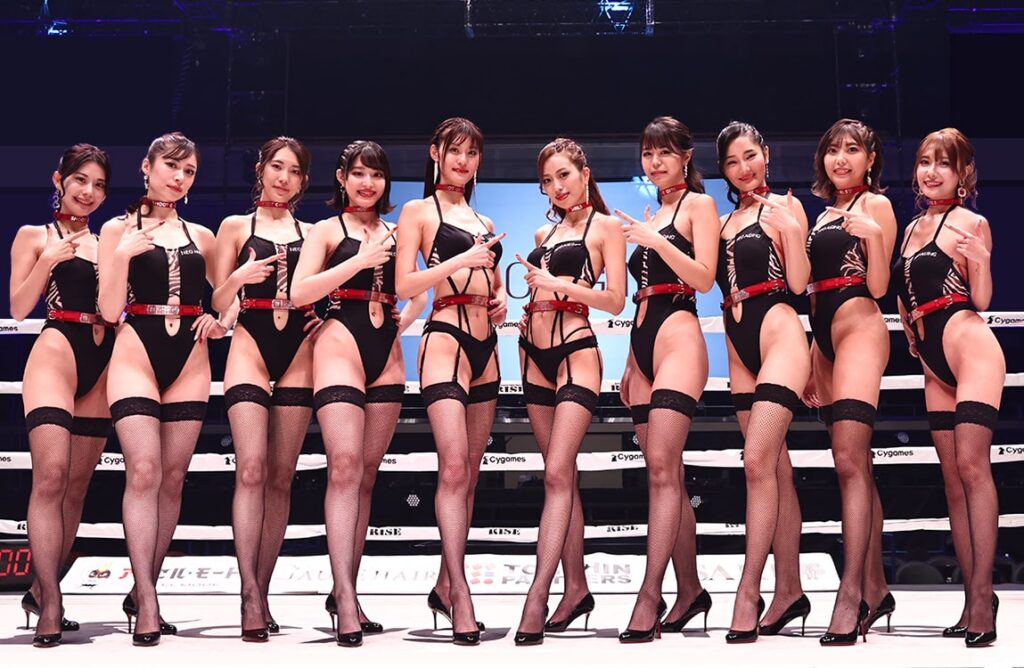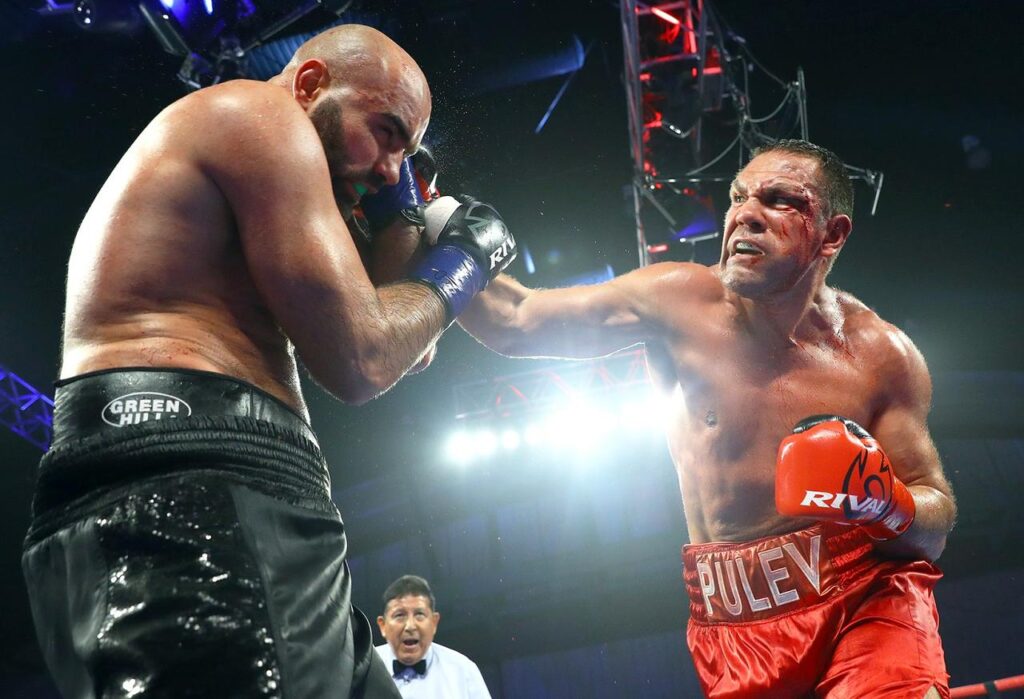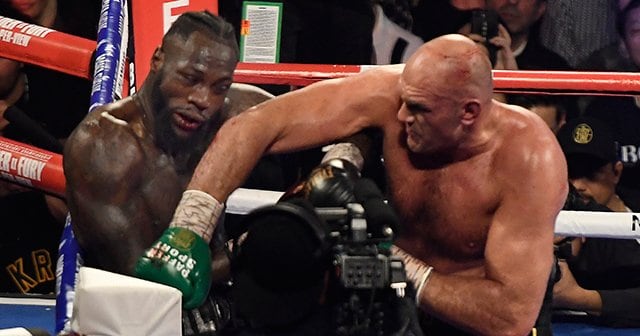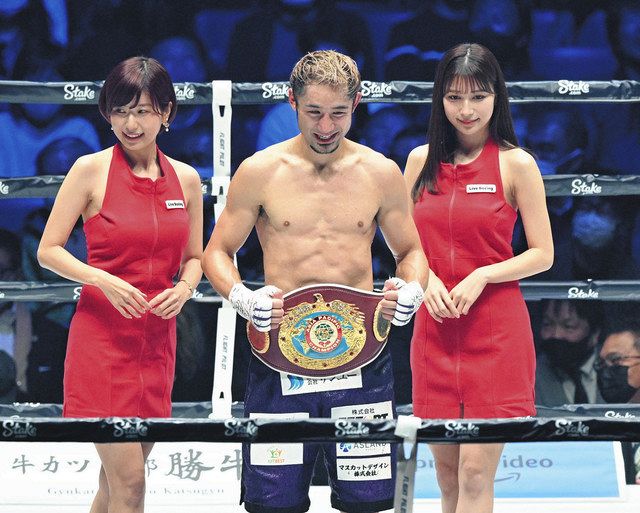
Boxing is one of the sports that is widely popular in Japan.
In this article, we will introduce in detail how Japanese boxing developed and the legendary champions that emerged along the way.
We look back at the achievements of past Japanese champions and how they made a name for themselves in the domestic and international rings.
We will also explore how boxing is integrated into Japan’s sports culture and its social impact.
Through this article, we will also consider the appeal of boxing and the future prospects that the Japanese boxing world should aim for.
目次
History and development of Japanese boxing
The history of boxing in Japan has been a long and colorful one.
This section details the history of domestic boxing development and Japan’s influence on the international stage.
Past national champions
The history of Japanese boxing has produced many outstanding domestic champions.
From early champions to modern warriors, they have shaped Japan’s boxing scene with their skill and courage.
For example, the fighters who were active in the early days of boxing in the 1950s and 1960s had a great influence on subsequent generations and solidified the foundation of Japanese boxing.
These athletes play an important role in raising the technical level and competitiveness of Japanese boxing through their success not only domestically but also internationally.
International success and Japanese influence
Japanese boxing has also enjoyed notable success on the international stage.
Japanese athletes have gone beyond the Asia-Pacific region and won titles in countries around the world, establishing an international reputation.
In particular, Japanese athletes often become world champions in weight classes such as bantamweight and flyweight.
These successes prove that Japan’s training methods, technology acquisition, and strategy evolution are up to global standards.
In addition, success in international competitions has increased the international reputation of Japanese boxing gyms and training facilities, and the number of foreign athletes coming to Japan for training is increasing.
In this way, Japanese boxing is highly regarded both domestically and internationally for its skill and spirit, and its continued development and success are expected.
Japan’s influence on the international boxing world will continue into the future.
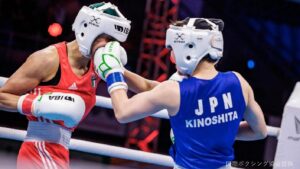
Japanese world champion
The Japanese boxing scene has produced many world champions, with a few names particularly notable.
They have achieved brilliant results in international matches with their tactical excellence and amazing performances.
major title holders
Japan has produced many world champions, especially in the bantamweight and flyweight divisions.
For example, Kazuto Ioka has held the WBA world super flyweight title for a long time, and is known for his fighting style that balances defense and attack.
Naoya Inoue is also a world champion in multiple weight classes, and has captivated fans around the world with his powerful punches and quick movements.
Memorable victories and tactics
Japanese boxers have achieved many memorable victories using their unique tactics.
In Naoya Inoue’s matches, his overwhelming batting power and tactical reading shine. He skillfully avoids his opponent’s attacks and often wins by knockout with effective counterattacks, which further enhances his worldwide reputation.
Tsunenari Tanaka’s success in the flyweight division is also due to his technical fighting style and sustained attacks.
In this way, Japanese boxing champions have honed their techniques and tactics in their respective weight classes and are making a name for themselves in the world ring.
Their tactics and results can be said to be the result of Japanese boxing’s excellent training methods and strong mental strength.

Boxing’s popularity and media influence
Boxing’s popularity in Japan is comparable to other major sports as an entertainment value.
The media communicates the appeal of this sport in many ways, and has far-reaching social impacts.
Representation in the media
Boxing has become an important sports content in Japanese media, with particularly important matches and famous athletes attracting a lot of attention.
On television and online platforms, certain matches are treated as events that draw large viewership numbers and are frequently covered in sports programs and news.
Recently, boxing matches have become subject to paid distribution with high viewing fees, bringing about changes in the media business model ( Asahi Shimbun GLOBE+ ) .
Boxing and Japanese society
Boxing has a cultural impact on Japanese society that goes beyond just a sport.
The way the players fight and live their lives impresses many people, and they are often the objects of admiration among young people.
Through boxing, values such as self-control, mental strength, and leadership are conveyed, and these are sometimes adopted as “lessons” valued in Japanese education and business settings.
Additionally, there are many athletes who are active in charity and social contribution activities, and their attitude of positively impacting society through sports has been praised ( NLab ) .
In this way, the popularity of boxing in Japan goes beyond just the number of competitive players, and has an influence that extends to the media and society as a whole.
As a result, boxing has established itself as a sustainable form of entertainment in Japan, and its influence is expected to continue to grow.
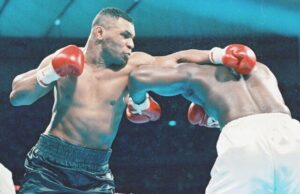
training and match preparation
Athletes active in the Japanese boxing world hone their skills through advanced training and thorough match preparation.
This section will focus on their training methods and pre-match routines.
training method
Japan’s top boxers use a variety of training methods. It starts with basic physical fitness and focuses on improving technical skills. The training program includes the following elements:
- Basic physical training : Running and cycling training will be performed to increase endurance and stamina. This builds your stamina for long rounds of competition.
- Technical Training : Improve your hitting techniques through punching bags and mitts. We also actively engage in sparring to test reaction speed and tactics in a manner similar to actual combat.
- Strength Training : Perform weight training to improve your punching power and strength in the clinch. Training that takes muscle balance into consideration is important.
pre-game routine
A pre-game routine is extremely important to perform at your best on game day. Japanese boxers’ pre-fight preparation includes the following processes:
- Mental Training : Use meditation and visualization techniques to prepare your mind to overcome the pressure of competition. The purpose is to increase mental calmness and concentration.
- Nutrition and Hydration : Pre-game meals are important to maintain maximum energy. Focus on carbohydrates, with a good balance of protein and healthy fats. It also ensures proper hydration and maintains the body’s optimal water balance.
- Check and adjust your body : Massage and stretch to relieve muscle tension and relax your body. This minimizes the risk of injury during competition and increases flexibility and range of motion.
These training and pre-fight preparations are the foundation for Japanese boxers to excel in the ring both domestically and internationally.
Their rigorous training and thorough preparation support their success on a global level.

boxing gym and trainer
Japan has many influential boxing gyms and famous trainers who train world-class boxers.
These gyms and trainers provide superior technology and innovative training methods to take athletes to the international level of competition.
influential gym
Japan’s major boxing gyms provide the latest equipment and environment to create the best training environment for athletes.
For example, top gyms in Tokyo are fully equipped with rings, weight training areas, aerobic machines, specialized recovery areas, and offer a variety of programs to improve both physical strength and technique for athletes. .
These gyms serve as a place for athletes to maximize their physical strength and hone their tactical skills.
Famous trainers and their methods
Japan’s top trainers have unique training methods and extensive knowledge and are dedicated to maximizing the potential of their athletes.
These trainers combine scientific approaches with traditional methods to provide customized training plans tailored to the individual needs of athletes.
Examples include high-intensity interval training, speed and agility drills, and tactical sparring sessions.
Furthermore, we focus on the psychological aspect and support athletes to become mentally stronger.
In this way, Japanese boxing gyms and trainers are guiding athletes to the top levels of the world through their high technique and individualized approach.
These facilities and the presence of experts are important factors supporting the international success of Japanese boxing.

Young boxers and development
The Japanese boxing industry is committed to the development of young boxers, offering comprehensive programs to discover and hone up-and-coming talent.
These development programs lay an important foundation for young athletes to succeed in national and international competitions.
up-and-coming talent
Promising young boxers are appearing one after another from boxing gyms across Japan.
These players have shown their talent in regional tournaments and national competitions and are gaining attention.
In particular, there are many players who have both speed and technique, and they train hard every day under detailed technical guidance.
These young players often start showing their talent in the junior category and gradually acquire additional skills as they work their way up to the upper echelons.
Training programs and their effects
Japanese boxing training programs focus not only on technical skills, but also on developing mental maturity and strategic thinking.
These programs include individual technical training sessions, regular sparring and specialized fitness instruction and are designed to help young athletes achieve all-round development.
Additionally, we frequently host workshops and seminars inviting top domestic and international athletes and coaches, providing opportunities to learn the latest training methods and tactics.
This allows athletes to develop the necessary skills and confidence to compete at international level.
The effectiveness of these development programs is clearly reflected in our success in many competitions both domestically and internationally.
It is hoped that young athletes will go through these programs and make a name for themselves in the boxing world, further elevating the status of Japanese boxing.

The future of Japanese boxing
The Japanese boxing world is receiving attention for its technological evolution and sustainability as a sport.
In this section, we will explore the potential of Japanese boxing in the future and what efforts are being made to achieve its sustainable development.
Possibility of technological evolution
Japanese boxing technology is expected to continue to innovate and evolve.
With the introduction of the latest training techniques and scientific approaches, players are able to acquire more advanced techniques.
In particular, the use of data analytics and video technology has revolutionized training methods, allowing detailed analysis of the smallest aspects of an athlete’s performance, providing feedback that directly improves individual technique.
Additionally, as international exchanges continue to increase, it is expected that advanced training methods and tactics from other countries will be brought to Japan, which will help advance technology.
Sustainability as a sport
In order for boxing to develop as a sustainable sport in Japan, it is important to appeal to a wide range of age groups and expand its fan base.
The Japan Boxing Federation and other related organizations are focusing on promoting the sport to young people, introducing the appeal of boxing through school programs and community events.
Furthermore, by enriching programs for women and the elderly, we are creating opportunities for more people to enjoy boxing.
Initiatives like this are recognized as contributing not only to the sustainable growth of boxing, but also to improving the health of society as a whole.
Through these efforts, along with technological advances, Japanese boxing has established itself as a sustainable sport and is expected to continue to develop into the future.
